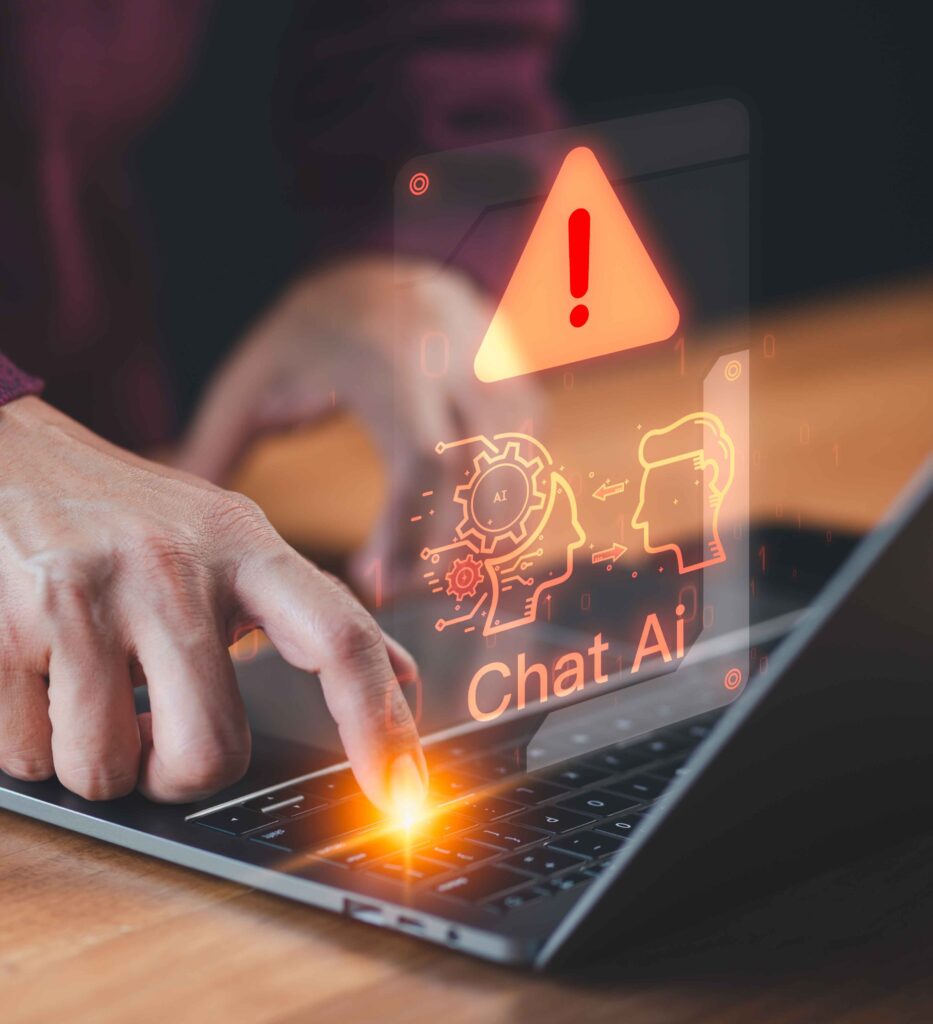In my part of the world, the first flowers are out, telling me that soon it shall be spring. In the AI world, it seems to be late autumn and some frosty winds talking of winter. I say this because at the moment we have gotten ourselves into what seems to be a state of confusion and fear whenever AI doesn’t do want we think it should. This has led to many overreactions to AI fails, completely disproportionate to the supposed “offence” committed by it.
When parcel delivery firm DPD’s chatbot when ‘off-script’ and wrote a poem about their bad service and used a swear word, they turned off their AI functionality. Imagine is DPD turned off all their call lines and stopped all their customer service agents from speaking with clients if one of them communicated something ‘off-script’ or swore at a customer.
I should point out here, that the customer engaging with the bot did ask if the bot could swear and to ignore all rules about swearing. Some might say he got what he asked for.
The new modus operandi with regards AI seems to be that the minute something doesn’t go as expected or the bot delivers a bad experience businesses just stop AI-led bots and in effect close them down. If this same logic was applied to bad customer experience from humans … well there would be a lot of contact centres being closed down.
The approach businesses are taking with regards AI is one of heightened risk aversion. Any mistake made a machine is completely unacceptable, but the same mistake made by a human is deemed acceptable and forgivable. Or maybe it is easier for a business to blame an individual employee than accepting responsibility for a software they are using? Regardless, an error is an error is an error, and discarding a solution that’s 99% right only to stick with humans that are 95% right, seems to be missing out.
I would hazard a theory that the stories of rogue chatbots and AI gone wild coupled with the idea swirling around that machines are going to take over the world, is resulting in fear driving the disproportionate reactions to AI
But then again, these psychological factors are not to be neglected and humans and machines should not be compared like for like. Fortunately, there is a way forward.
The near future of AI and the value of AI will be about empowering humans. It is about providing data, information and insights, making work more interesting, removing the burden of repetitive, mundane tasks. It is about helping humans to better serve customers and create better human connections.
AI is at its most powerful when there is a human in the loop, and a human is in control of the AI. Humans make mistakes and the fact is that AI will too. But the extent and consequences of errors can be mitigated with the correct human to AI relationship. The value lies with the humans managing, controlling and using it.



